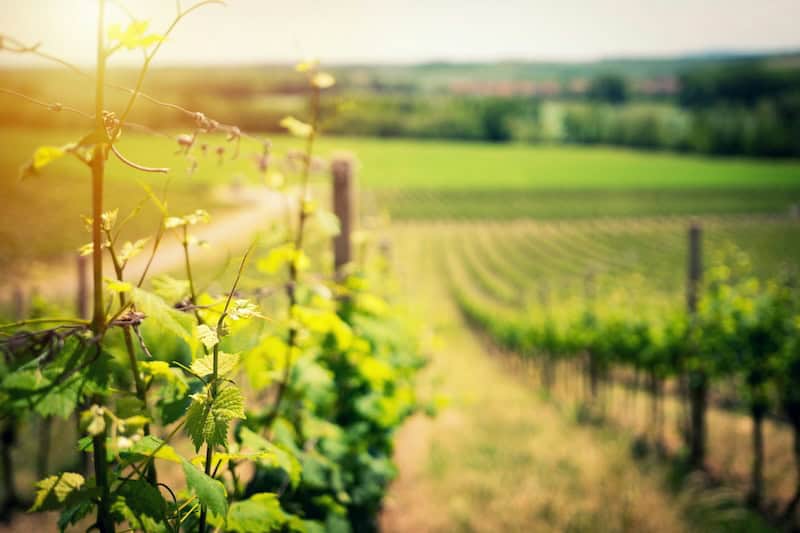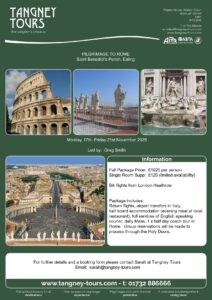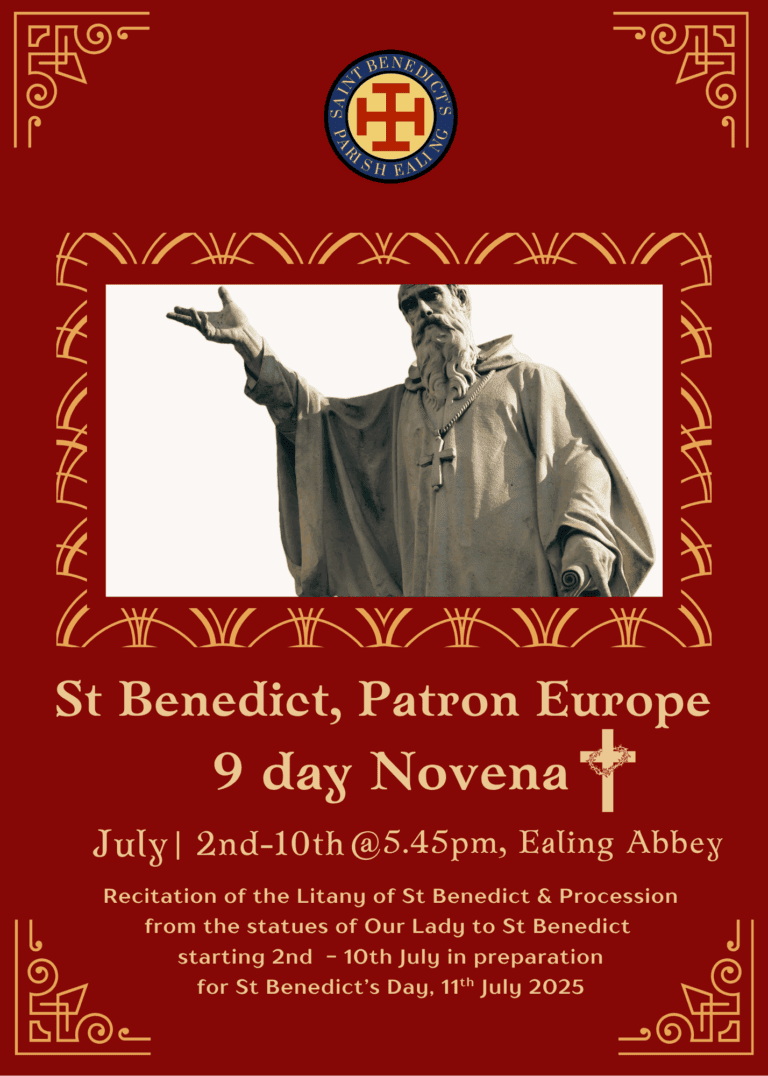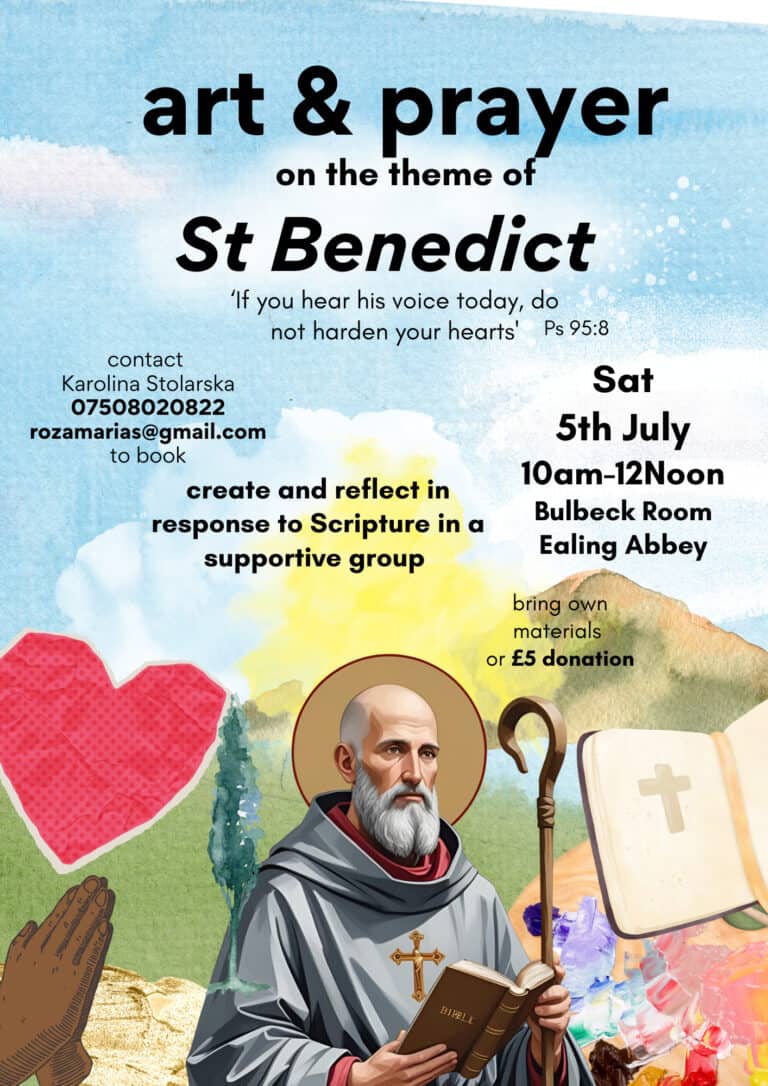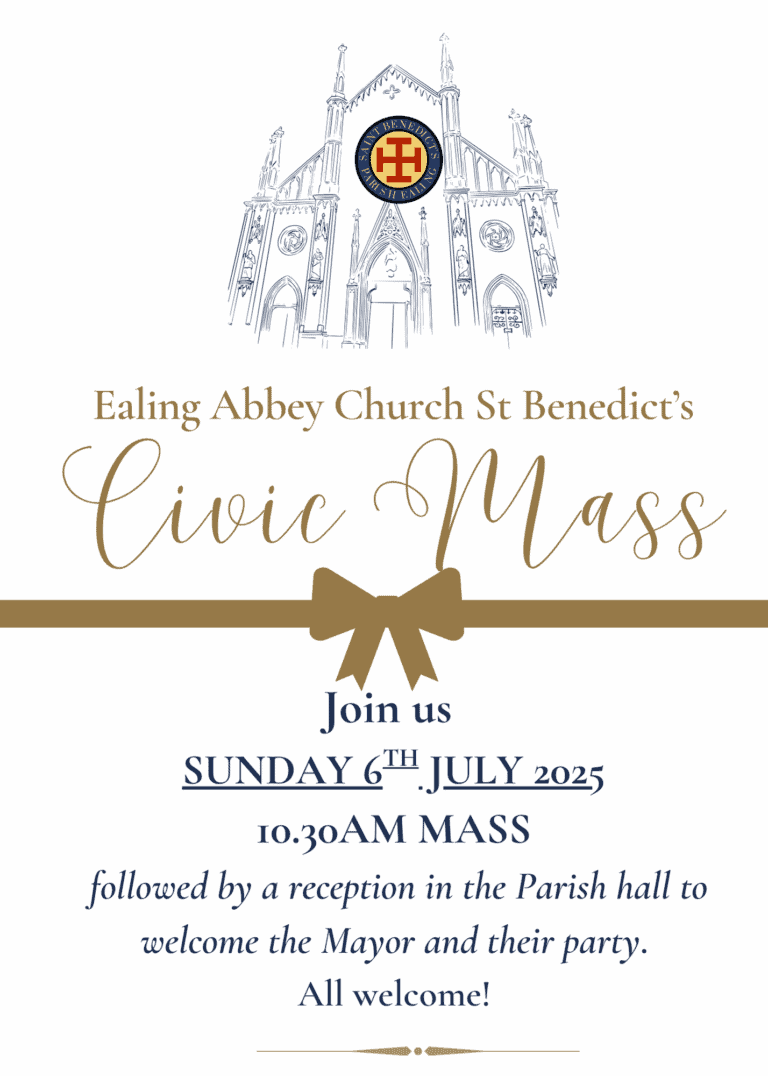Dear Parishioner,
I am the vine, you are the branches, says Jesus in this Sunday’s gospel, which, by chance, was what he said in the gospel for the Solemnity of St George, which gives me the excuse to pivot backwards, to last Tuesday. Now St George doesn’t occupy much of our attention or affection nowadays, so 23rd April, the feast of the Patron Saint of England, might have passed us by, or at best, have been cause for regret that St George’s cross should have been reduced to a plastic banner for our cars raised in eager anticipation of yet another national disappointment. We should have someone better it is often argued, an ancient king, perhaps, of indubitable holiness, though disputable actual Englishness. If we want someone more modern there’s always St John Henry, though to my mind that’s a bit unimaginative. How about Mary Potter? Admittedly, since she is merely Venerable she might not be qualified for the role, but I’m sure we could get around that.
For the moment, however, we have George, and he is exactly who we need, precisely because he is not steeped in our own national story. The facts are easy to retell: he’s called George and he’s a martyr, and the rest is surmise. There’s a strong association with Lydia, present day Lod in Israel, and it’s possible that his martyrdom occurred in the late 4th Century during the persecution of Diocletian. Onto that otherwise blank slate people have found the person they need. The medievals turned George into a peerless image of chivalry, and from early on there has been the fascinating story of the dragon. Now, let us remember that the story of George & the Dragon is entirely myth, and therefore, of course, completely true; an evil monster is bravely defeated and an oppressed people set free, which is a way of talking about martyrdom, and is a potential truth, certainly a sought after need, in any age.
There are monsters everywhere; monsters of war and want, fear or fury, shame or sadness. They are outside and deep inside and facing them demands a bravery we do not think we have, which is what being brave is all about. And we need help, which is what someone like George is about: an example, a possibility, a prayer. A prayer needed especially it seems where there is conflict, which is perhaps why he is venerated in Ethiopia, on the brink of another terrible, and for us, unremarked, war; in Bosnia Hercegovina, where the frailty of a hard won should concern us more; in Moscow and Kyiv, where he is patron of both; and in the Holy Land.
George witnesses to our connection to all these needy places, because we are all, however small a twig we might feel, part of the vine of Jesus, whether we feel it, or know it, or want it, or not. The monsters we face here might be less dramatic than in other places, but they are real, nonetheless. So let us ask for his prayers, for his witness in our need.
St George, Patron of England, pray for us.

